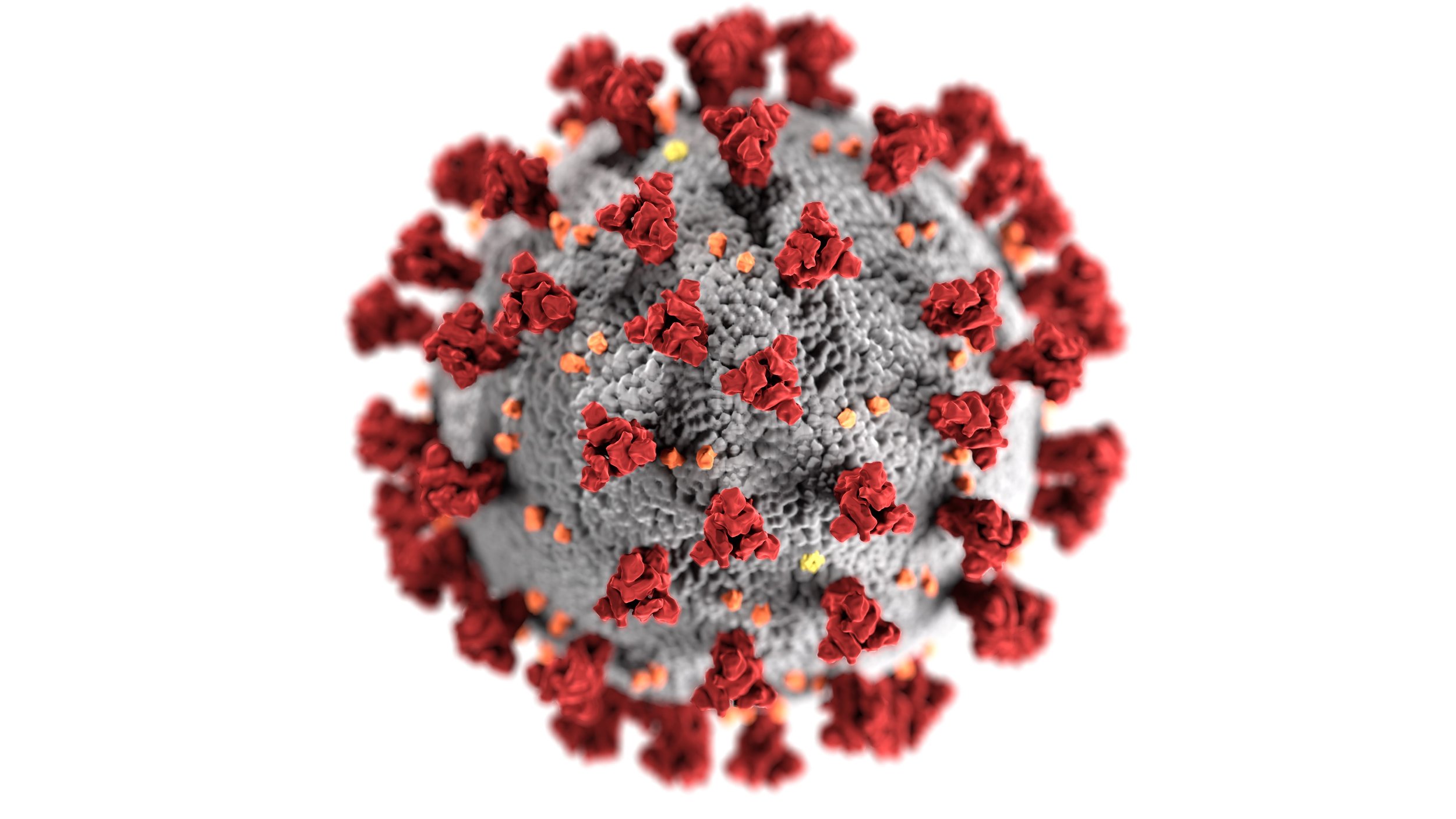A crisis or pandemic is something which we never want to face under any circumstances. However, sometimes things are beyond our control, and we end up confronting it. As a country, business, organization or individual, few of us have faced several crises (to name a few – earthquakes, wars, floods) in the past, which affected substantial number of people and influenced businesses. The current COVID-19 crisis has adversely affected organizations in many ways from the past calamities faced by the us. COVID-19 prolonged, affected large populations and businesses globally. Here, we are going to compare the past crises with COVID-19 under three broad categories such as their adverse economic impact, duration, and fears related to crises as mentioned below. It is also important to mention that several of these factors are still ongoing.
The closure of international borders was one of the main differences between COVID-19 and other past crises. None of the past crises ever led to the closure of the international borders and prevented people from travelling. Also, never in the past had any crisis been responsible for such outcome, and never in history had businesses had to undergo lockdowns, and everyone forced to stay at their homes. No flights were available during this crisis, and it was the first time in history, COVID-19 brought an instant halt. COVID-19 crisis could be as bad as the global fiscal crisis (2007-2008).
COVID-19 is different due to its prolonged duration as it started in December 2019, and continues till now, making it the longest pandemic in recent times. Many of us felt that people would get complacent or fatigued because of its long duration. Other difference from other crises was uncertainty, and the COVID-19 situations changed (and still changing) very quickly. This led to businesses worrying about their future and found it harder to deal with it. Businesses changed their decisions frequently due to the unpredictable situation, being unsure about the future and government support. COVID-19 continuously progressed, and we all were caught unprepared, had anxiety, constant pressure, and uncertainty.
There was a fear of catching COVID-19 as it was easy to get infected. New Zealand Ministry of Health issued guidelines to keep individuals and businesses safe from COVID-19 infection. These guidelines included special cleaning procedures and providing hand sanitizers at various locations to keep everyone safe. Everyone used masks and maintained social distances at public places, which was named as new-normal. Everyone feared that the COVID-19 could return as a second wave, which also distinguished it from other past crises. It returned as several waves with newer variants. Industries feared the further loss of business, and unavailability of support from the Government in the future. Businesses worried that a second wave would compound their losses.
All the above fears resulted in panic and shortages of essential commodities at supermarkets and panic buying related to several items (such as toilet papers, groceries, and tinned food products). There was a fear of a disruption to supplies and shortages of the essential commodities; people started buying in bulk to save themselves from experiencing shortages of. When the Government announced lockdowns during March 2020, which resulted in long queues outside the shopping malls, this also made it different from other past crises.
One good thing noticed was that even during crisis, several businesses reported a better team spirit and higher morale while working under adverse conditions. It also resulted in improved bonding among staff and business owners or managers. Overall, all of us have learned to live in new normal. We have also accepted the changes brought by COVID-19 pandemic. At present no one know how and when COVID-19 would end. – By Pankaj Jauhri, he is a hospitality professional who researched the impact of the COVID-19 pandemic on the hotel industry in New Zealand. His thesis – ‘Crisis management in response to COVID-19: An exploration of New Zealand hotels’ is the first such research in New Zealand. Pankaj is happy to share ideas with hospitality businesses. His email address is pankajjauhri123@gmail.com.





